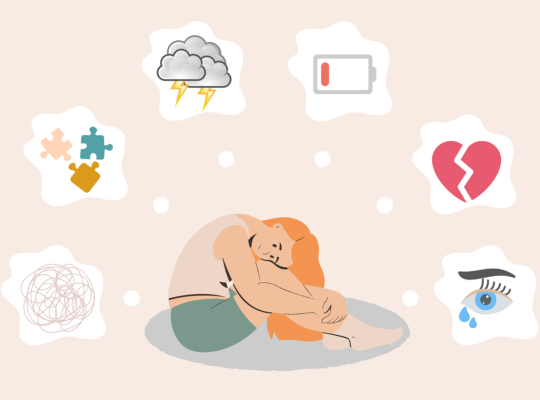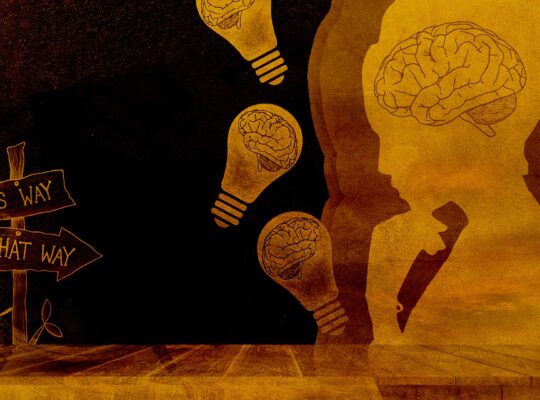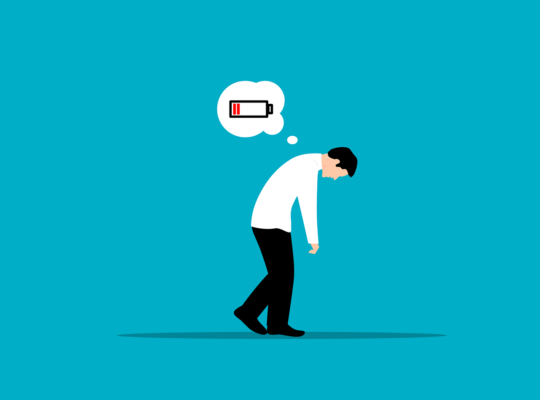Usually, when you start looking at ways to reduce your stress levels, you likely look first to your work life: How much work do you perform, and how much of it interrupts your daily home life? You’d also examine other life responsibilities, and whether or not through it all you are practicing good self-care. Grand it – all of these are very important – but let’s not forget about the simplest choice you make every day that could be playing a major role in your stress level and WHAT YOU’RE EATING!
Diet is an often overlooked component in the evaluation of one’s stress levels. Even eating the wrong foods could prevent your body from reaching homeostasis, while the right foods may work together to help you reduce your stress level. (Also check out: Stressed Out?!? Try These Foods! Part 1 of 2) In fact, your diet has a much larger impact on your stress level than you might expect, and your stress can even determine your food choices. When you are stressed out or overwhelmed, you might reach for junk food instead of nutritious snacks and meals. Honestly, fluctuating stress levels can cause a vicious cycle between eating healthy and eating junk. It starts with assessing our stress level, learning new techniques to deal with what comes our way, along with focusing on proper nutrition to fuel our body.
Nutritional Deficiencies
The first thing that can happen if you have a poor diet is that you experience nutritional deficiencies. These deficiencies can affect not just your physical health, but your emotional health as well. For example, did you know that folateVitamin B9, also known as folate or folic acid, is crucial for several vital functions in the body. One of its primary roles is to support DNA synthesis and cell can affect your mood and lead to more depression? So simply incorporating foods containing folates like eggs, asparagus, spinach, and avocado is the way to go. Other nutrients you will to help balance your mood and fight stress naturally are as follows:
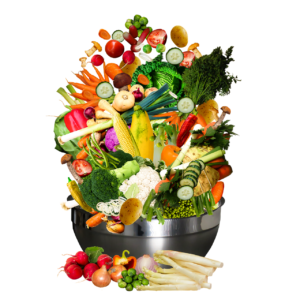
- Omega 3 Fatty Acids: Healthy fats are still important! You can get your fatty acids from healthy sources of fats like salmon, tuna, walnuts, and olive oil. Also, consider the supplement, Krill oil, which is a powerful source of EPA and DHA, which are components of fish and fish oils. (Dr. Earl’s Vitamin Bible)
- Vitamin DVitamin D, often referred to as the "sunshine vitamin," is crucial for various physiological processes in the body. Its primary role is in calcium absorption and bone health, as it: Do you know why you feel more energized and happier during sunny days? It is the vitamin D from the sun’s UV rays. But you can get it from foods like fatty fish, eggs, dairy, and fortified cereal. “Vitamin D works best with Vitamin AVitamin A serves a crucial role in maintaining various aspects of our health, primarily focusing on vision, immune function, and skin health. As a fat-soluble vitamin, it plays a vital role, Vitamin CVitamin C, also known as ascorbic acid, is a water-soluble vitamin with a multitude of essential functions in the body. Renowned for its powerful antioxidant properties, Vitamin C helps protect, choline, calciumCalcium is a vital mineral essential for various physiological functions in the body, with its primary role centered around bone health and proper functioning of the nervous and muscular systems., and phosphorus” (Dr. Earl’s Vitamin Bible).
- Fiber: For more fiber, eating more fruit, avocados, and whole grains is usually a good place to start. When increasing your fiber intake, also increase your water intake to decrease digestive discomfort. (Dr. Earl’s Vitamin Bible)
- Calcium: While many people get their calcium from dairy and yogurt, you might not be someone who can eat a lot of dairy. In this case, you can get it from foods like almonds, sesame seeds, tofu, and kale. Calcium and ironIron is a crucial mineral with a primary role in transporting oxygen throughout the body via hemoglobin, a component of red blood cells. This oxygen transport is vital for energy are the two minerals that are the most deficient, especially for women.
- Iron: You also want to make sure you have enough iron, which can help with your mental health, as well as balance your energy levels. You can get iron from red meat, turkey, some nuts, and seeds like pumpkin seeds and almonds, broccoli, and dark chocolate. “Iron is necessary for proper metabolization of B vitamins [but] too much iron in the blood can promote the formation of free radicals and increase the risk of heart disease – especially for men” (Dr. Earl’s Vitamin Bible).
- Protein: You get protein from many of these same foods, including meat, poultry and fish, dairy, cheese, eggs, and nuts. “Mixing complete and incomplete proteins can give you better nutrition than either one alone” (Dr. Earl’s Vitamin Bible).
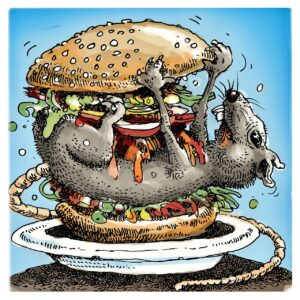 Feeding Emotions with Unhealthy Foods
Feeding Emotions with Unhealthy Foods
Emotional eating isn’t really bad for you if it is only occasionally, after all, you should find something that helps you to deal with stressful situations. Another link between stress and nutrition is that you can often help or hinder your emotions through the foods you regularly consume. The problem here is that you probably go for more unhealthy foods than you should whenever you are stressed out.
In some cases, if you deal with chronic stress or you get into the habit of only using food as a way to comfort yourself, it can become a problem. You might overeat, have too many unhealthy foods, and become malnourished because you aren’t getting enough nutrients from the foods you eat.
The Cycle Continues
Having too much stress in your life can further encourage you to have other unhealthy habits. In addition to vitamin deficiencies and emotional eating, and generally overeating the wrong foods, we may decrease or discontinue getting enough exercise and increase sleeping too much, resort to overindulging in alcohol, smoking, drugs, and the like, which could make matters worse.
This is a vicious cycle that is very hard to get out of. Once you start going to unhealthy habits to deal with your stress, you feel that temporarily it is helping, but in the long run, it’s hurting your mental health. The best thing you can do is learn the right habits to stop this cycle now primarily searching for healthier ways to manage your stress. Try to find healthier habits, such as visiting with friends, playing with your dog, or getting in a little more exercise. 💚
Got Ideas? Need Help? (🆘)
Feel free to utilize the comments section below to share how you practice mindfulness in your daily life. Or, if you are one of those people who makes everyone else a priority and yourself last, then consider signing up for our HolisticA healing approach that looks at the whole person and not just their physical symptoms, in order to eradicate illness and produce well-being in the mind, body, and soul. Wellness Coaching to see how we can help you put yourself first. Or, perhaps you are a do-it-yourself, then check out our Wellness Wheel, where you can assess your life across eight areas to see where you’d like to make some much-needed changes. (You can even bring your results to your first coaching session.) Also, be sure to join our mailing list so you stay in the know. #dphealer
